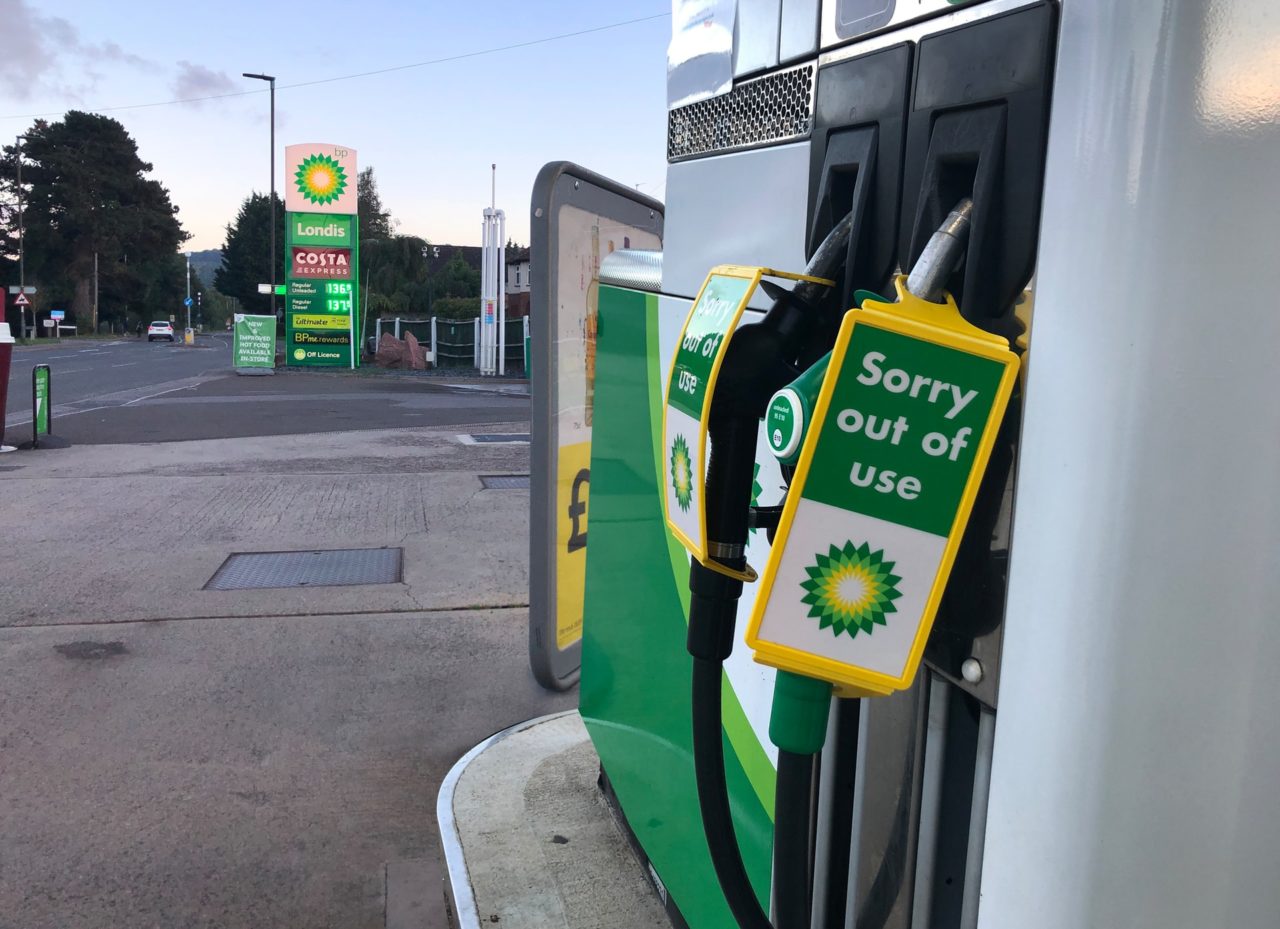
With the recent dramatic increases in the price of petrol and diesel fuel in the UK, it’s unsurprising you’re searching for how to cut fuel costs. After all, no matter how fuel-efficient your vehicle is, if the prices go up, every journey just costs more. But there are some things you can do to cut fuel costs and keep the sting of price rises from being felt so prominently. We’ve listed some below in this 7-minute read.
LBC explains, “Price increases began at the beginning of the Covid pandemic as the demand for energy rose, and since then the cost of oil has continued to rise significantly, with the biggest changes coming in recent months. And now, following Russia's invasion of Ukraine, the UK is seeing some of the highest prices in 14 years.” And all this translates to pain at the pump for millions of families across Britain. But there are some small steps you can take to save money on fuel.
One of the easiest ways to save money on fuel is to pay with reward cards, loyalty cards or credit cards aligned with the petrol station. BP, Shell, Tesco, Sainburys and more all have reward programs. And according to Love Money, “Getting a NatWest/RBS Reward Credit Card will get you 0.25% cashback at supermarket petrol stations (and 1% on supermarket spend).” Just by participating in one of these schemes, you can nearly negate the recent price rise and gain other benefits in the process. But that’s not all you can do to get better mileage.
Keep your gas tank full. You may think that less fuel in the car is more efficient but it means stopping more, risking running out of gas, forcing yourself to take worse deals on petrol prices and it’s bad for the car in the long run. Saving Advice explains, “Your gas tank is an empty space, and whatever space is not filled by gas is filled with air. Air contains water [vapour], which can condense on the sides of your fuel tank. This condensation can cause two problems. First, it can cause rust to develop on the sides of fuel tanks which are made of metal, which can cause problems in the future. The water [vapours] can also mix with the gas in the fuel tank, causing it to work less efficiently. This can be a problem for both plastic and metal fuel tanks.”
Regular servicing helps to save petrol. It does this primarily by catching problems that would cause your car to be more inefficient. This could be a number of things including rust developing in the fuel tank, engine problems, incorrect engine oil, clogged air elements, balding or unbalanced tyres, brake issues, gearbox issues and much more. Get your car looked at by a trusted body shop regularly to prevent issues which cost you at the fuel pump each week.
Good car aerodynamics reduce drag. And drag causes you to fight against the car’s engine and make it work harder. When your car is more aerodynamic, it uses less fuel. Think about removing all the things that are creating a drag on your car when they are not needed. These could be roof storage boxes, bike or canoe racks, dollys or moving equipment and the like. Also, consider riding with your windows up to improve the aerodynamics of the vehicle.
Yes, cruise control will save petrol. That’s because a computer is better at maintaining a consistent speed (generally) than you are. Motortrend explains, “If you're cruising along a mostly level highway, electronics generally are far better at avoiding the little speed-up/slow-down events that are inevitably caused by a weary accelerator ankle or an inattentive mind. It's those changes in momentum that waste fuel because force equals mass times acceleration. Using cruise control is beneficial on mostly level ground, as well as on long, steady uphill or downhill grades. On highways traversing rolling hills, however, you're better off targeting an average speed and then allowing the vehicle to slow down by 5 or 10 mph when climbing and then rise by a similar amount during the descent.” And that reduction in erratic driving, hard braking and rapid acceleration are what saves the fuel costs for you.
Another way to save fuel is to use the highest gear you can at all times. RAC explains, “Probably the biggest secret to achieving high mpg is driving in the highest possible gear for your vehicle while keeping within the speed limit. The best advice in urban areas is to change up through the gears as quickly as you can with the lowest revs possible, probably at around 2000rpm. Remember the faster an engine spins, the more fuel it uses.” Also, try to drive as smoothly as possible and avoid deceleration. You can only do that by watching the road and anticipating what other drivers will do. If you need to pass, do so in good time so you won’t have to speed up or slow down. Combine your journeys to do as much as you can with a warm engine and try not to use the AC or heat unless you really really need to. Both of these features use fuel.
In summary, you can save fuel by participating in reward programs and petrol credit card schemes. You should also run as close to a full tank as possible doing as many errands on a warm engine as you can. Also, take off anything creating drag, keep the windows up, the AC off and the cruise control on in the highest gear you can for the speed limit. Lastly, get regular servicing so something you don’t know about isn’t costing you at the pump.